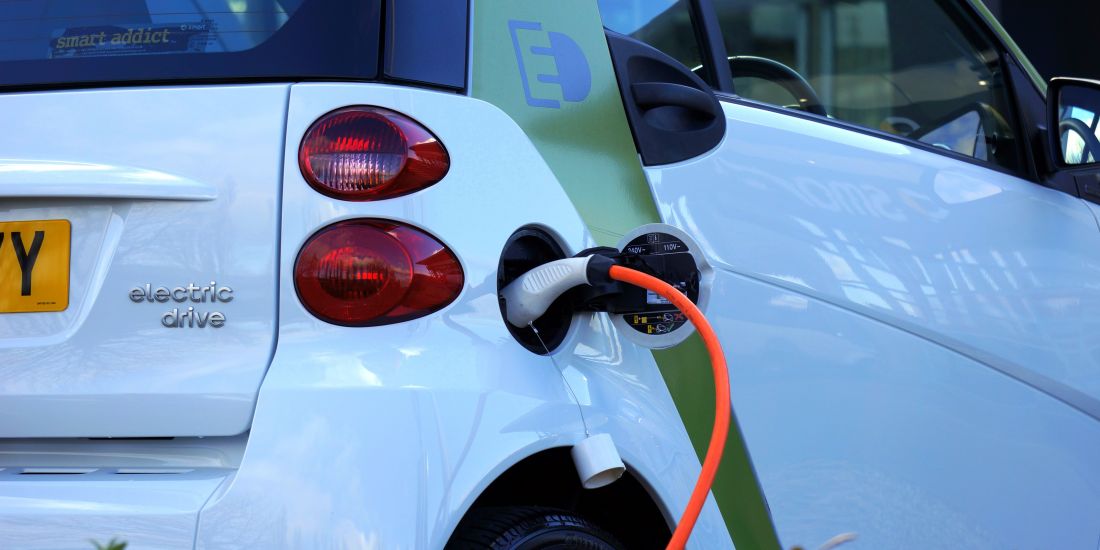After word of the UK’s plan to completely ban the sale of petrol and diesel vehicles by 2030, many car manufacturers are jumping on the bandwagon to get electric vehicles rolling off the production line. Therefore, it’s a good time to get accustomed with what you most need to know about electric vehicles, so read on to find out.
What is an electric vehicle and what are the different types?
An electric vehicle is powered by a lithium ion battery which powers an electric motor, compared to a petrol or diesel vehicle that has an internal combustion engine which combines the fuel with air that causes a reaction which makes the car move.
BEV’s- Battery electric vehicles – These rely solely on electricity, which they get by plugging into a power source. (Tesla Model 3, Jaguar I-Pace, Nissan Leaf)
HEV’s – Hybrid electric vehicles – The car will be driven by both a gas-powered engine and an electric motor. Regenerative braking, which recoups otherwise wasted energy in braking to help the gasoline engine during acceleration, provides all of the energy for the battery. (BMW 7 Series ActiveHybrid, Honda Civic and Instant Hybrid, Mercedes-Benz S400 BlueHybrid)
PHEV’s- Plug in hybrid vehicles – still needs to be plugged in to charge, but when the battery runs out, the car runs on gasoline.(Toyota Prius, Chevy Volt)
What are the different types of charge rates for electric cars?
Depending on the type of electric vehicle you buy, they’ll all have different charging rates and speeds. Charge rates (how quickly the charger pumps out electrons) get measured in Kilowatts and are separated into three categories:
Slow – under 3kW (averages 6-12 hours to charge)
Fast – 7kW-22kW (averages 3-4 hours to charge)
Rapid – 50kW-120kW (averages 1 hour to charge)
How much do electric cars cost to run?
Overall, the day to day costs associated with running an EV are significantly lower than that of a petrol or diesel vehicle. How much you pay does depend on the charge point network you’re using, for example Tesla, and the location of these. The costs associated with charging also link to the speed of charging, as shown above. Rapid charge rates cost more as they provide a faster charge, and are typically found in motorway service stations.
Take a look at Zap-Map to find your nearest charging station.
What about charging my electric car at home?
The UK government is pushing for electric car chargers to be included in newly built homes, and there is help available for those who don’t currently have one installed in their current home.
The Electric Vehicle Homecharge Scheme, means that if you have a place suitable for an electric car charger and a place to charge your vehicle, you could save up to £350 off the cost of buying and installing a charger in your home.
You may also be able to charge your EV at work, as The Workplace Charging Scheme is assisting businesses, charities, and public sector organisations with financial assistance for the upfront costs of purchasing and installing electric car chargers.
The cost of charging at home is included in your home electricity bill and depends what charger you have built in, and how much charging you actually do.It’s important to analyse how far you need to travel, and the size of your vehicle battery, so you can work out how much charging you need to do and find a suitable energy tariff.
What is the maintenance associated with owning an electric car?
Just like any other car, electric vehicles do need regular maintenance for tyre wear and tear, windscreen wiper replacements and brake fluid, disk and pad changes. Be certain when it comes to a service that the garage you take your EV to has electric vehicle trained mechanics before you book in too.
They’ll also require an annual MOT, but the main difference with this is there is no emissions test performed and as the car generally has fewer moving parts, there are likely to be less repairs.
Is it true that owning an electric vehicle lowers my car tax?
Yes, since that vehicle road tax is based on CO2 emissions, pure electric cars are exempt from the first year of road tax, which means they are tax-free. However, depending on CO2 emissions, some plug-in hybrid electric car owners may have to pay anything from £0-£135 per year.
Some EV owners may be unaware that any vehicles registered on or after April 1, 2017 and costing more than £40,000 are still subject to an extra road tax payment. For the first five years, electric automobiles will have to pay £325 in road tax, compared to £475 for petrol and diesel cars registered during the same time period.
For company car drivers and fleet operators choosing an electric car from April 2020, there will be zero tax on Benefit in Kind (BIK) during 2020 / 2021. This zero rate also applies to hybrid vehicles with emissions from 1 – 50g/km and a pure electric range of over 130 miles.
It’s also worth mentioning that electric vehicles in London are not subject to the congestion charge. So, if your corporate cars travel in places where clean air zones exist or are about to be implemented, the tax savings of electric driving over the year will be even greater.


















